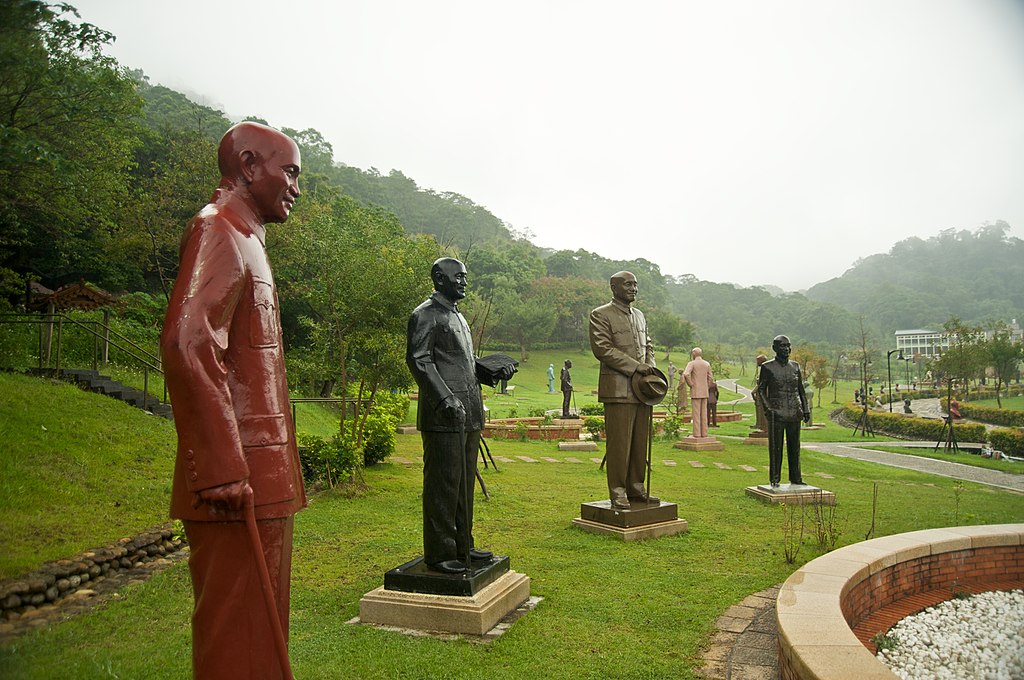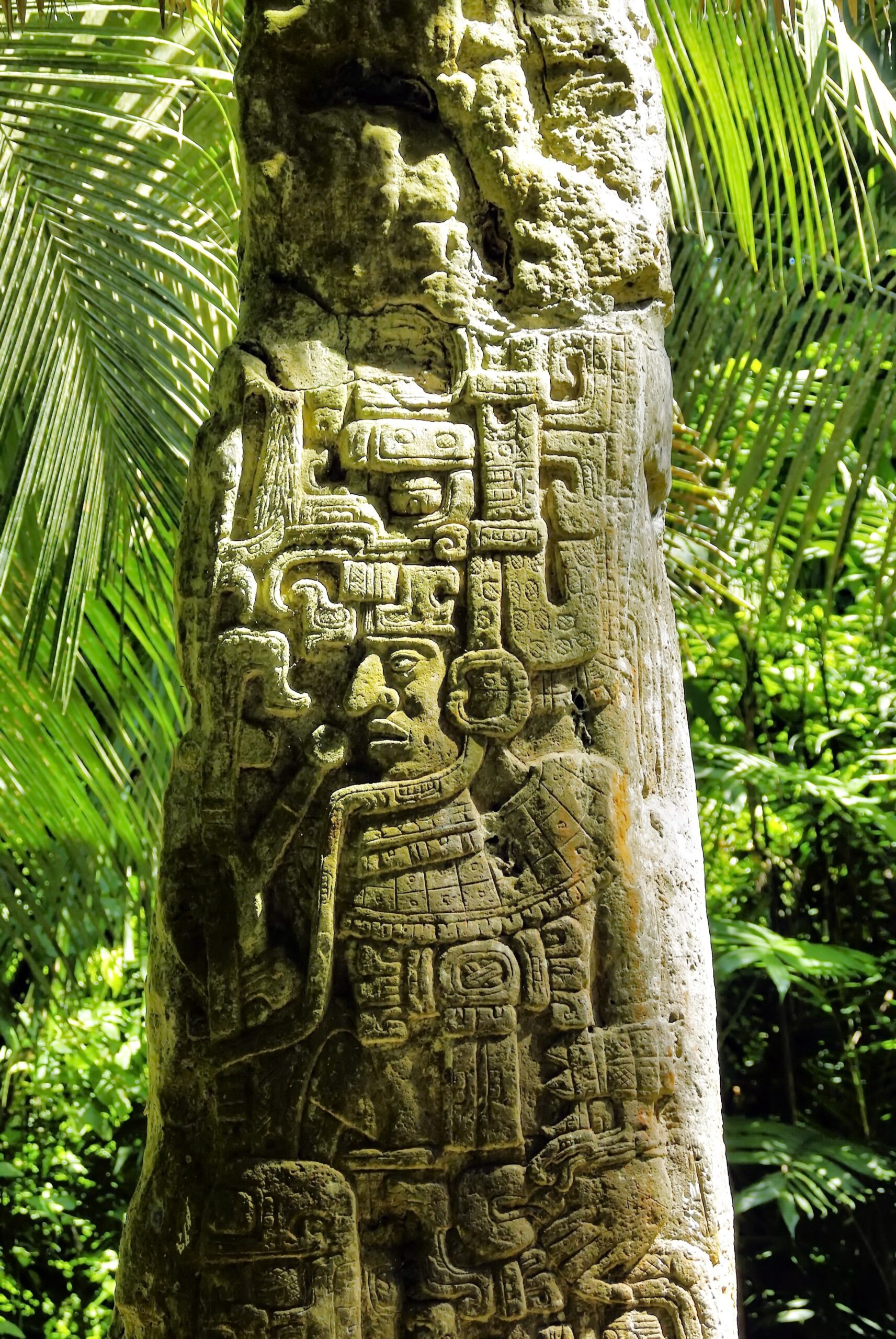Policy Brief No. 4
December 2018
By Steven Gallagher
The looting of art and antiquities from Asia is a problem exacerbated by continued demand. This is especially true in China, home to one of the greatest concentrations of millionaires worldwide, where a rapidly growing, newly wealthy class has entered the Asian art and antiquities market, escalating demand in an already thriving sector. Many Asian states that have lost and are continuing to lose cultural patrimony to looting and trafficking have introduced strict laws to combat the removal and unlawful export of art and antiquities from their jurisdiction. Transit and market states, too, have now implemented legal and regulatory frameworks, often based on international law, to deter citizens from dealing in looted art and antiquities or buyers from purchasing such goods when there is any doubt as to their provenance.
 However, one of the world’s main markets for Asian art and antiquities, as well as a convenient and much-used transit hub, is a notable exception in having almost no laws intended to prevent this illicit trade: Hong Kong. Hong Kong’s legal and regulatory framework offers little protection for looted art and antiquities, and it retains one obsolete rule of law from its time as a British colony that may not only encourage buyers to purchase looted or stolen works, but also embolden those trying to construct false provenance to pass them through Hong Kong. This law is the rule of market overt, often referred to as a “thieves’ charter,” provided in Hong Kong’s Sale of Goods Ordinance. According to market overt, if someone purchases goods from a shop or market where they are openly on display and are of a type usually sold in such a shop or market, then the buyer acquires good title to the goods so long as they have bought them in good faith. This means that a buyer of looted art or antiquities from a shop usually selling art or antiquities in Hong Kong may resist any attempt by the losing party to recover their lost heritage, and may sell the pieces on to others who will also be safe from any action for recovery.`
However, one of the world’s main markets for Asian art and antiquities, as well as a convenient and much-used transit hub, is a notable exception in having almost no laws intended to prevent this illicit trade: Hong Kong. Hong Kong’s legal and regulatory framework offers little protection for looted art and antiquities, and it retains one obsolete rule of law from its time as a British colony that may not only encourage buyers to purchase looted or stolen works, but also embolden those trying to construct false provenance to pass them through Hong Kong. This law is the rule of market overt, often referred to as a “thieves’ charter,” provided in Hong Kong’s Sale of Goods Ordinance. According to market overt, if someone purchases goods from a shop or market where they are openly on display and are of a type usually sold in such a shop or market, then the buyer acquires good title to the goods so long as they have bought them in good faith. This means that a buyer of looted art or antiquities from a shop usually selling art or antiquities in Hong Kong may resist any attempt by the losing party to recover their lost heritage, and may sell the pieces on to others who will also be safe from any action for recovery.`
Hong Kong has a reputation as one of the world’s leading financial and commercial centers, trusted because of rigorous regulation of its efficient financial and banking services, and confidence in its common law system. It is now also considered one of the world’s foremost Asian art and antiquities markets; however, the retention of an archaic and anachronistic principle of English medieval market law is baffling, especially when this principle has been abolished in the United Kingdom to prevent the flourishing of a “thief’s paradise.”
This policy brief explains some of the problems Asia faces with regard to looting of art and antiquities and loss of cultural heritage, and how Hong Kong’s legal and regulatory framework does little to prevent Hong Kong from being used as a market and transit state for illicitly obtained cultural patrimony. The brief recommends the simple repeal of section 24 of the Sale of Goods Ordinance to abolish the market overt rule in Hong Kong, as well as standardization of import and export laws between Hong Kong and China, strengthened law enforcement of antiquity-related crimes, and the inclusion of the art market in anti-money laundering and counterterrorist financing provisions.
“It has become commonplace to see provenance statements in auction and sales catalogues that include “purchased from a shop in Hong Kong” with or without details of the shop. By implementing these recommendations, the provenance “purchased in Hong Kong” may yet become a sign of good practice rather than an indication that those who are unconcerned with provenance may buy with impunity.”
–Steven Gallagher






